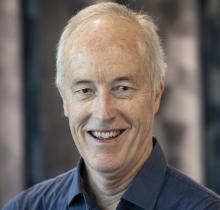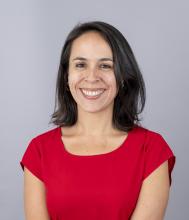ViCBiostat Summer School 2020
The Victorian Centre for Biostatistics (ViCBiostat) will offer two exciting new courses in the 2020 edition of its Summer School.
25-26 Feb: Causal Inference in Health Data Science
In this era of “data science” it is vitally important to clearly articulate the questions that we ask of data, understand the challenges inherent in answering different types of questions, and ensure that our analysis methods are suitably aligned. An overwhelming number of clinical and public health research studies ask “causal” questions, for example about the effect of treatments, policies, behaviours and other exposures on health outcomes. Causal inference requires carefully structured reasoning to guide appropriate statistical analysis.
This course will provide a comprehensive introduction to causal thinking and the key methods for defining and estimating causal effects. Presenters will be our own internationally recognised researchers in this area of methodology, led by Dr Margarita Moreno-Betancur, and including Prof Andrew Forbes, Prof John Carlin and Prof Lyle Gurrin.
27-28 Feb: Bayesian Adaptive Randomized Clinical Trials (in conjunction with the Australian Clinical Trials Alliance)
Adaptive clinical trial designs have proven valuable to accelerate the development of new treatments. Adaptive randomization based on Bayesian principles has been proposed for testing several treatments in complex clinical trials on heterogeneous populations. Recent applications suggest that outcome-adaptive approaches can accelerate drug development processes. Adaptive algorithms attempt to learn and identify, during the trial, the best available treatment options for individual patients enrolled in the trial.
This workshop will be delivered by two international leaders in this field, Dr Lorenzo Trippa (Department of Biostatistics and Computational Biology, Dana-Farber Cancer Institute, Boston, and Department of Biostatistics, Harvard T.H. Chan School of Public Health) and Dr Steffen Ventz (Department of Data Sciences and the Center for Regulatory Sciences at the Dana-Farber Cancer Institute and Department of Biostatistics, Harvard T.H. Chan School of Public Health).




